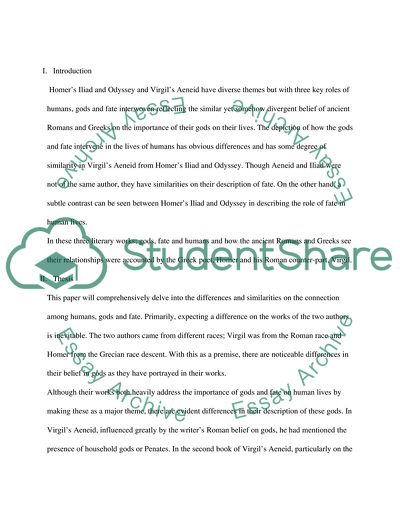Cite this document
(Comparison of the Iliad, Odyssey and Aeneid Essay, n.d.)
Comparison of the Iliad, Odyssey and Aeneid Essay. https://studentshare.org/literature/1717584-compare-the-iliad-odyssey-and-aeneid
Comparison of the Iliad, Odyssey and Aeneid Essay. https://studentshare.org/literature/1717584-compare-the-iliad-odyssey-and-aeneid
(Comparison of the Iliad, Odyssey and Aeneid Essay)
Comparison of the Iliad, Odyssey and Aeneid Essay. https://studentshare.org/literature/1717584-compare-the-iliad-odyssey-and-aeneid.
Comparison of the Iliad, Odyssey and Aeneid Essay. https://studentshare.org/literature/1717584-compare-the-iliad-odyssey-and-aeneid.
“Comparison of the Iliad, Odyssey and Aeneid Essay”. https://studentshare.org/literature/1717584-compare-the-iliad-odyssey-and-aeneid.


